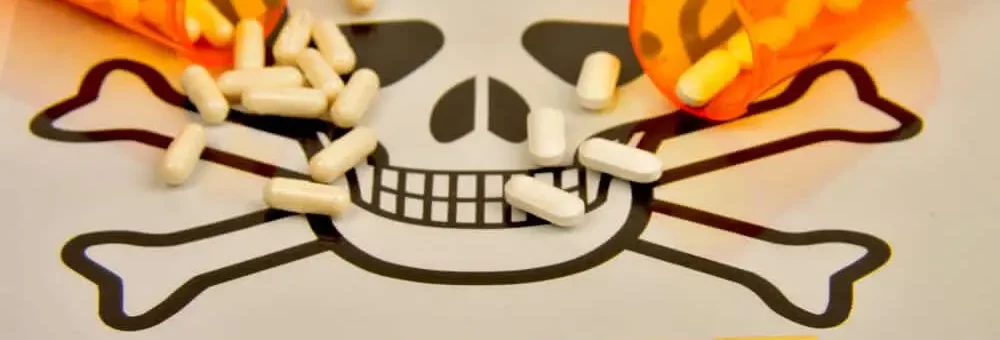
Learn the Side Effects of Long Term Opioid Use
Legacy Healing Center Blog
Find out about opioid pain medication’s long term side effects at Legacy Healing Center.
Opioids therapy is a type of drug therapy usually prescribed for a patient who has severe pain after surgery or injury. While these drugs are only meant to be taken for a few days at best, long term opioid use can occur when someone develops an addiction to the drug.
Opioids are known as being powerful drugs that not only dull pain sensation in the body but can also bring about strong feelings of pleasure. Medical personnel are repeatedly warned about the dangers of long term opioid use, and protocols typically involve short term usage of the drug because it can cause a physical dependency issue within just a few weeks.
If you have a friend or loved one who was prescribed opioid pain medication and has been taking the drug for longer than originally prescribed, you may be wondering if addiction to the drug has occurred.
Opioid addiction is more common than you may think. According to the National Institute of Health’s National Institute on Drug Abuse (NIH), as many as 29 percent of patients given opioid therapy for chronic pain misuse them, with up to 12 percent of those people developing an opioid addiction.
Misuse and addiction to opioids can lead to overdoses, and it is estimated that more than 47,000 people in America die annually because of opioid drugs overdoses (according to 2017 figures from NIH).
Opioid Pain Medication Side Effects
You may be wondering if someone you know is engaging in long term opioid use. Because use of opioids can bring a long list of side effects, it is often fairly easy to determine if someone is misusing opioid therapy.
Even short term use of opioids such as oxycodone or hydrocodone can bring on side effects such as sedation, dizziness, euphoria, flushing, respiratory depression, and itching.
Many people on opioid painkillers (and even on synthetic opioids such as fentanyl) may also describe an itching sensation. This is often a pseudo-allergic reaction and not an anaphylactic reaction, and it is quite common.
When it comes to long term opioid use, some serious complications and side effects can occur, including:
• Irregular heartbeat
• Severe abdominal pain
• Increased risk of heart attack
• Depression
• Hormone issues
• Increased pain
• Addiction
Another occurrence of long term opioid use is something called opioid-induced constipation. This type of constipation can be severe in some individuals, causing intense pain, bowel blockages, and potentially life-threatening perforations of the bowel.
Long term addiction to opioid pain medication can also cause a condition called narcotic bowel syndrome that can cause severe abdominal pain, nausea, bloating and constipation, though this condition typically resolves itself once the drug is stopped.
If you believe your loved one is addicted to opioid therapy, you may notice some of the following behaviors and patterns being exhibited. Keep an eye out for:
• Changes in one’s appearance and personal hygiene
• Decrease in motivation
• Loss of interest in once-beloved hobbies and activities
• Lying
• Secrecy
• Stealing
• Picking at skin
• Unexplained weight loss
• Extreme sleepiness and fatigue
Do any of the above long term opioid side effects seem familiar? If your friend or family member is exhibiting any of these signs, consider an opioid treatment program at Legacy Healing Center. We offer a wide range of treatment programs such as partial hospitalization, intensive outpatients, outpatient programs, and family programs. Help is just a phone call away – reach out to someone at Legacy Healing Center today at 888-597-3547.
At Legacy Healing Center, our approach to recovery is built around a holistic methodology. We look at addiction as a comprehensive issue and offer a complete set of services to heal the physical body, the mind, and the spirit. Combining research-evidenced practices from medicine and psychology, our team of highly trained professionals looks at all aspects of our clients’ lives on an individual basis. Our holistic approach to healing encompasses more than dealing with addiction through primary treatment strategies like therapy and meetings. We offer a full range of services to heal the whole person, body, mind, and spirit.
Related Readings
Our List of Deadliest Opioids: Weakest to Strongest
